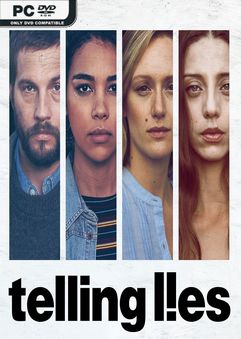


Use a joke to encourage your child to own up to a lie.For example, ‘I made a mistake in a report I wrote for work today. Be a role model for telling the truth.For example, ‘I’m so glad you told me what happened. Praise your child for owning up to doing something wrong.To avoid this situation you could just say, ‘I see there’s been an accident with the milk.

For example, if you ask your child if they spilled the milk, your child might feel tempted to lie.
Help your child avoid situations where they feel the need to lie. For example, ‘How would Mum feel if Dad lied to her?’ or ‘What happens when you lie to a teacher?’ Have conversations about lying and telling the truth with your children. You can do this by emphasising the importance of honesty in your family and helping children understand what can happen if they lie. Once children are old enough to understand the difference between true and not true, it’s good to encourage and support them in telling the truth. The lies also get more complicated, because children have more words and are better at understanding how other people think.īy adolescence, children regularly tell white lies to avoid hurting other people’s feelings. If you ask children to explain what they’re saying, they’ll usually own up.Īs children grow older, they can lie more successfully without getting caught. They might get better at telling lies by matching their facial expressions and the tone of their voices to what they’re saying. This is when children start to realise that you aren’t a mind reader, so they can say things that aren’t true without you always knowing.Ĭhildren lie more at 4-6 years. avoid hurting someone’s feelings – this sort of lie is often called a ‘white lie’.Ĭhildren can learn to tell lies from an early age, usually around 3 years of age. get something they want – for example, ‘Mum lets me have lollies before dinner’. get attention or make themselves sound better. experiment – for example, by pretending something that happened in a story was real. cover up something so they don’t get into trouble.







 0 kommentar(er)
0 kommentar(er)
